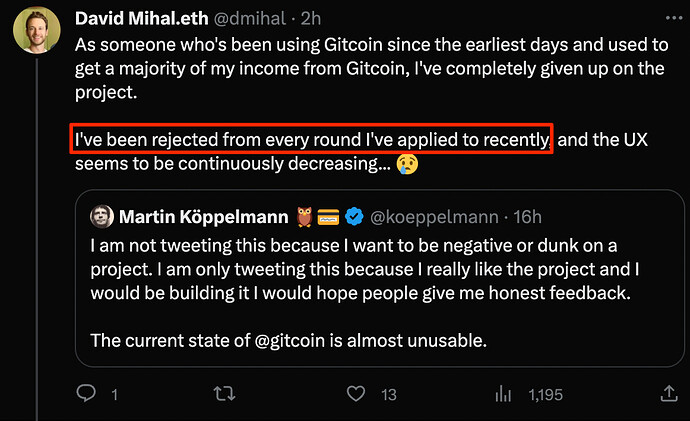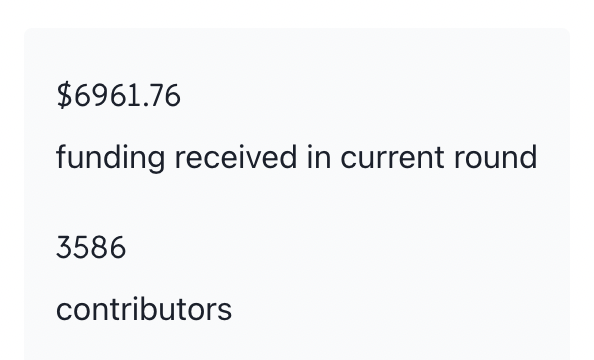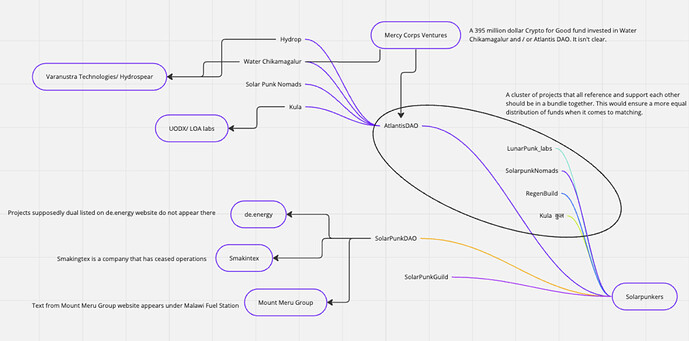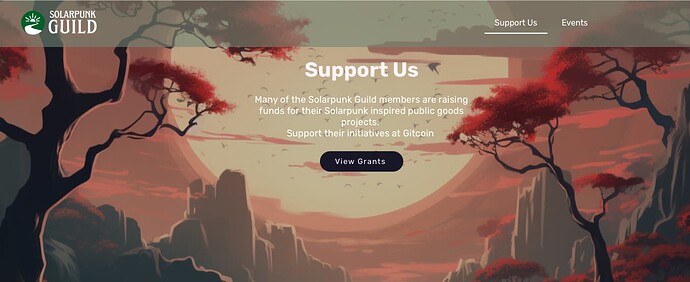Hi there! Thanks for being critical about our work and the link to the grant round. I’m Arno, the COO at River Cleanup and I also wrote the grant application. I’ve been working in the environmental field for many years now and there is no doubt that plastic pollution and the climate crisis are linked.
The relationship is multifaceted. Plastic production is resource-intensive and emits a significant amount of greenhouse gases, contributing to global warming. Furthermore, as plastics break down, they can release greenhouse gases into the atmosphere. Cleaning up plastic, especially preventing it from entering the environment in the first place, can help mitigate some of these impacts.
Here are some credible research studies and reports that shed light on the connection between plastic pollution and the climate crisis:
-
“The Hidden Costs of a Plastic Planet” by the Center for International Environmental Law (CIEL): This report provides an exhaustive examination of the lifecycle emissions of plastics, from production to disposal, and its climate implications.
-
“Plastic & Climate: The Hidden Costs of a Plastic Planet” also by CIEL: This more in-depth report delves further into how the entire lifecycle of plastic exacerbates the climate crisis.
-
“Future scenarios of global plastic waste generation and disposal” published in Palgrave Communications: This study discusses how continued plastic production at current rates can lead to increased environmental issues, including exacerbation of the climate crisis due to its lifecycle emissions.
-
“Production, use, and fate of all plastics ever made” published in Science Advances: This research provides insights into the accumulative generation of plastic waste and its implications, including how it contributes to greenhouse gas emissions.
-
“Evidence that the Great Pacific Garbage Patch is rapidly accumulating plastic” published in Nature: This research doesn’t focus solely on climate, but it showcases the alarming rate of plastic accumulation in marine environments. The indirect implications for the climate are related to the breakdown of these plastics and the potential greenhouse gas emissions.
-
Reports by the World Economic Forum: They have multiple reports on plastics and the environment, some of which touch upon the impact on climate change due to the energy-intensive nature of plastic production.
-
“Breaking the Plastic Wave: A Comprehensive Assessment of Pathways Towards Stopping Ocean Plastic Pollution”: This report by the Pew Charitable Trusts and SYSTEMIQ details the growth trajectory of plastic pollution in oceans and some of the potential climate-related implications. This report is also the foundation of the Ripple Model, the Theory of Change of River Cleanup. I highly recommend reading the summary of this publication.
It’s essential to be aware that while cleaning up plastic from the environment can have numerous benefits, the most significant climate benefits come from reducing plastic production, consumption, and waste. A holistic approach to addressing both the plastic pollution crisis and the climate crisis would involve transitioning to a circular economy, reducing our reliance on fossil fuels (which are the primary raw material for many plastics), and implementing sustainable waste management practices. All these activities are in the scope of our operations.
With regards to the link of River Cleanup and Web3. As I mentioned in the Twitter space on Tuesday, we have not yet integrated any Web3 solutions into our operations. But that’s exactly what I want to use this grant money for. We don’t have the expertise in our team to work on this integration, and the funds can help us with hiring someone who can help us with that. The applications are numerous: Token incentives, supply chain transparency, DAOs, crowdfunding, data collection… You name it. I really hope River Cleanup can make some steps in the Web3 direction in the upcoming years!
I hope my explanation will help you understand our application for this round. If you have any more questions, feel free to reach out to me ![]()



